Alix Wall for Berkeleyside:
Eclipse Foods is a start-up that makes a plant-based dairy alternative. It was founded in Berkeley by Aylon Steinhart, a former business advisor at the Good Food Institute who focused on innovative plant-based foods and Thomas Bowman, an award-winning chef and food scientist who developed the plant-based JUST mayonnaise. […] And it has positioned itself as “The Impossible Burger of dairy.”
“With the technology behind Eclipse, we’ve created a milk that functions like cow’s milk,” said Steinhart, a Cal graduate. “In the same way you’d use dairy milk to make sour cream, cheese or ice cream, you can make those same products with the taste, texture and functionality of the animal counterpart.” […]
So far, the company has entered the market with ice cream only, with plans to roll out cheeses and other products next year.
I may not be looking forward to seeing the “Impossible of X” branded on everything in the next few years, but I am excited about all the products.
